TL;DR
When you filtering with Q(...) objects, the lookups must be provided with respect to the Parent model.
So, it should be filter=Q(child__deleted_at=None) instead of filter=Q(deleted_at=None)
objects = Parent.objects.annotate(
num_children=Count('child', filter=Q(child__deleted_at=None))
)
Long Answer
To reproduce the error/issue behaviour, I created two simple models as below,
class Parent(models.Model):
name = models.CharField(max_length=50)
class Meta:
db_table = 'parent_table'
def __str__(self):
return self.name
class Child(models.Model):
parent = models.ForeignKey(Parent, on_delete=models.CASCADE, related_name='children')
deleted_at = models.DateTimeField(blank=True, null=True)
class Meta:
db_table = 'child_table'
def __str__(self):
return f'{self.parent} -- {self.deleted_at}'
Notes:
I have set related_name='children', which more "meaningful" while querying reverse relations. If you're not familiar with the related_name, read more
a. What is related_name in Django -- (SO Post)
b. Following backwards relationship -- (Django doc)
c. ForeignKey.related_name -- (Django doc)
I have set db_table, coz, I am going to query the database using RawSQL for some reason. You don't have to set it.
Now, I have populated the database with a few dummy data and the result is as follows,

Then I opened my Django shell and run the following query,
In [2]: from django.db.models import Q,Count
In [3]: parent_objects = Parent.objects.annotate(
...: num_children=Count('children', filter=Q(children__deleted_at=None))
...: )
In [4]: for parent in parent_objects:
...: print(parent.id, '--', parent.name, ' :: ', parent.num_children)
...:
1 -- parent-1 :: 2
2 -- parent-2 :: 0
3 -- parent-3 :: 1
OR,
the raw SQL view,


